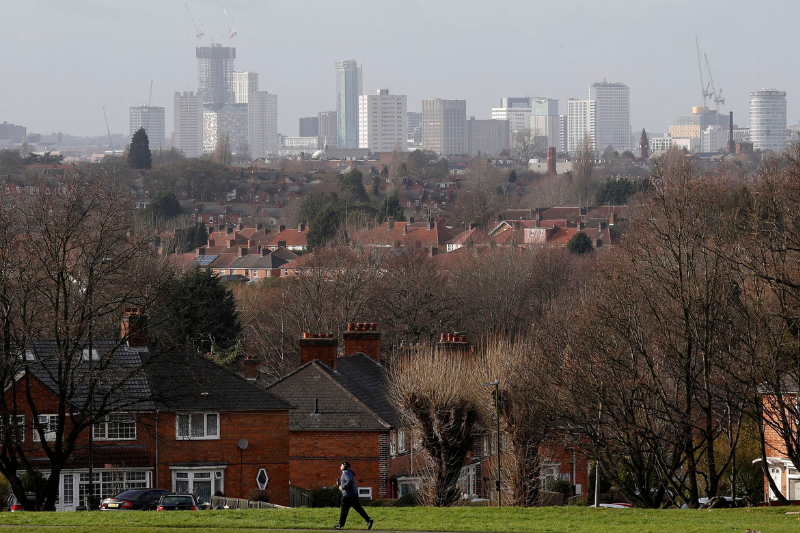
Britain’s 2nd Largest City Birmingham Declares Itself Bankrupt
Birmingham, the second-largest city in Britain, has declared itself bankrupt and halted all non-essential spending. This decision comes after the city received equal pay claims totaling up to £760 million ($956 million).
The deficit arose from difficulties in paying these claims, which range from around $816 million to around $954 million.
The Birmingham City Council, which is run by the Labour Party, has a shortfall of £87 million ($109 million) in the current financial year.
It also faces potential liabilities related to equal pay claims in the range of £650 million to £760 million.
The council blames these financial issues on historic equal pay liabilities, expenses for a new IT system, and funding cuts by successive Conservative governments.
As a result of the financial distress, the council has issued a section 114 notice, which stops all non-essential spending.
This means that services such as libraries, bin collections, and other non-essential services may be cut. The council is also considering raising council tax to address its financial problems.
The declaration of bankruptcy by Birmingham City Council is significant because it is the largest authority in the UK and Europe. The council’s financial woes highlight the challenges faced by local governments in managing their budgets effectively.
Residents of Birmingham have been warned that there may be significant cuts to services, and the council has stated that it does not have the resources to fund the equal pay liability that has accrued.
The situation is still developing, and the council is working to address its financial challenges while ensuring that essential services for vulnerable people and statutory services are protected.
Keep Reading
Why Does Birmingham City Go Bankrupt?
Birmingham City Council has declared bankruptcy due to several reasons. One of the main factors is a legal claim for equal pay.
The council was required to pay out a large sum of money after a court ruling favored female employees who had been denied bonuses given to male employees in similar roles. This equal-pay claim has already cost the council over £1 billion.
Additionally, the council faced financial challenges such as inflation, increased demand for adult social care, and a significant decrease in income from business taxes.
To address their financial situation, the council issued a Section 114 notice, which means they cannot make any new spending commitments.
This notice is often seen as a form of effective bankruptcy for a council and typically leads to a new budget with reduced spending.
Birmingham is a diverse city in the center of England and has recently hosted the Commonwealth Games. It was also set to host the European Athletics Championship in 2026.



